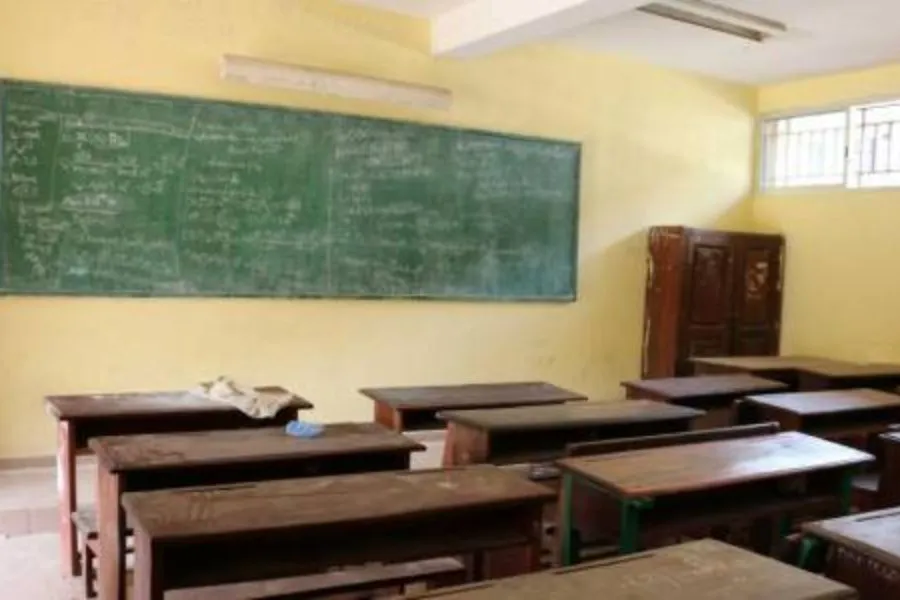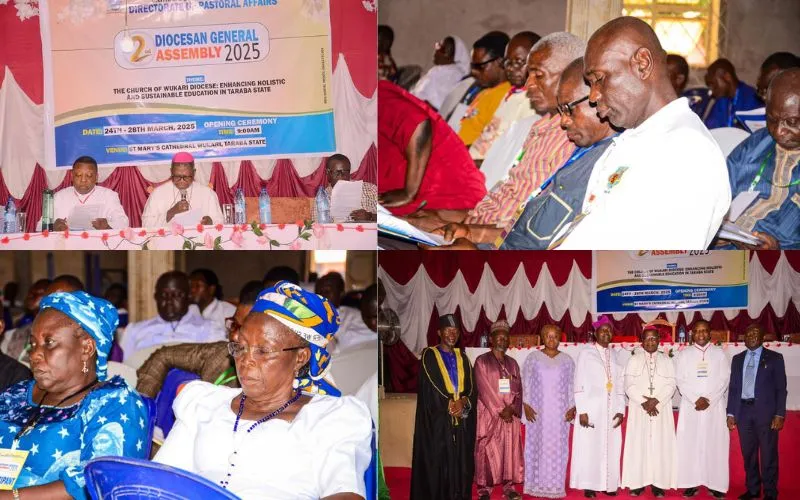Bamako, 20 September, 2023 / 5:09 pm (ACI Africa).
There is a need to strengthen the capacity of Catholic institutions of learning in Mali to address the challenge of illiteracy and joblessness in the West African nation, a Catholic Priest involved in education in the country has said.
In his message during the opening of the five-day 2023 second National Forum on Catholic Education scheduled to end Thursday, September 21, the National Commissioner for Catholic Education in Mali, Fr. Edmond Dembelé, provided statistics of Catholic institutions of learning in Mali.
“The capacity of Catholic schools should be strengthened so that they can contribute more actively and effectively to improving school education and combating illiteracy and unemployment,” Fr. Dembelé said in his message that the information service of Propaganda Fide, Agenzia Fides, published on Wednesday, September 20.
He highlighted the need “to improve the training of our teachers and then to review our teaching programs so that the education offered to students is adapted to the reality of our country,” describing them as challenges in the Malian education sector.
Fr. Dembelé said that the aim of the forum that was organized under the theme, “Catholic education in Mali today: what are the prospects for safeguarding its identity and remaining at the service of the population?”, was to promote the relationship between educational actors and institutions.








